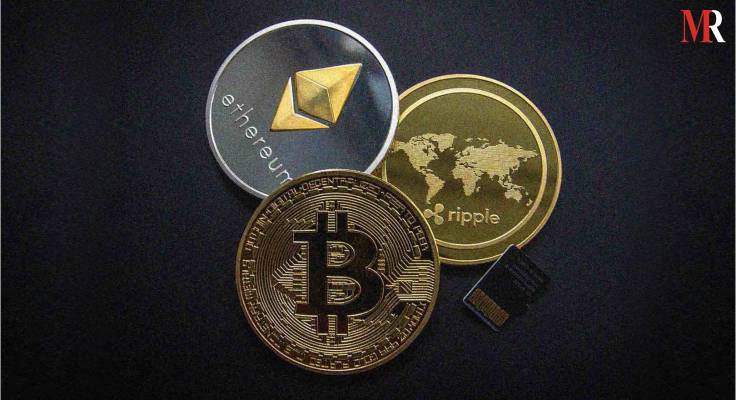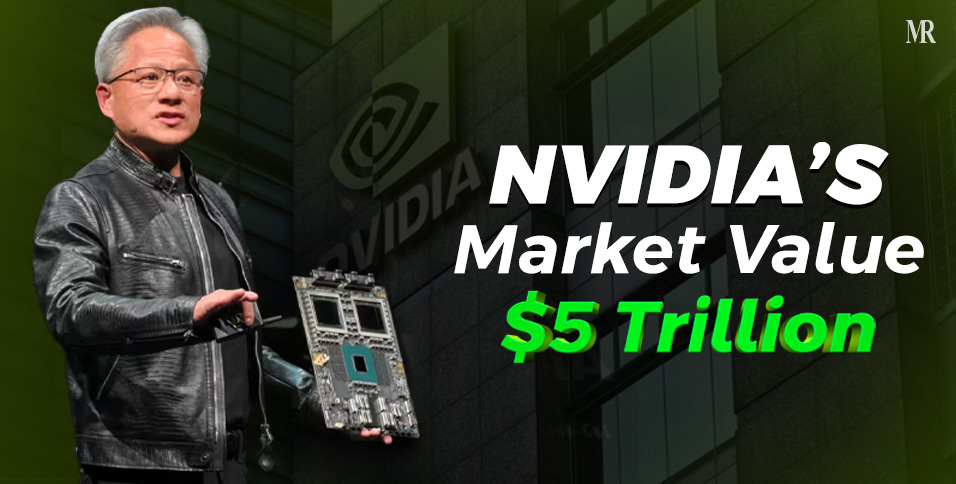A boy from Jacksonville, Florida named Laszlo Hanyecz ordered 2 pizza on 17th may, 2010 and paid in the form of Cryptocurrency, which cost him 10,000 BTC (Bit Coin) – means $41 at the time of offer.
But you will be shocked to know that the valueof 2pizzas (10,000 BTC) is $100 million today(20th February 2018.)
The cryptocurrency is a digital asset, which is used as a medium of exchange or transaction. Or, it can be termed as a virtual currency.
Cryptocurrencies use decentralized control. Cryptocurrencies’ supplies and values are controlled by the activities of their users and highly complex protocols built into their governing codes, not the conscious decisions of central banks or other regulatory authorities. Today, holding crypto assets is not a big deal as there are many tools such as a crypto interest account, wallet, or even crypto arbitrage bot. But in centralized banking system, government or corporate boards are having the control on the transaction.
How these Cryptocurrency work
- Public Ledgers – The identities of the coin owners are encrypted, and the system uses other cryptographic techniques to ensure the legitimacy of record keeping. New transactions can be checked to ensure that each transaction uses only coins currently owned by the spender.
- Cryptocurrency called this public ledger as “Block Chain”.
- Block Chain – A block chain of a crypto currency is the master ledger that records and stores the history of all the transactions and activities. This validates ownership of all units of the currency at any instance of time. A block chain has a finite length as it is the record of transaction history of that crypto currency. This finite length increases over time with increasing number transactions. The transaction of Cryptocurreny will not be valid until it’s added in the Block Chain.
- Transactions – Transfer of funds between two Digital Wallets is called transaction. This process takes a bit of time.
- Mining – Mining is the process of confirming transactions and adding them to a public ledger.
- Cryptographic – Cryptocurrency bascically uses a system of coding or sophisticatedmathematical algorithms to control the creation of coins and to verify transactions.If these sophisticated method arenot used then there may be a chance of losing crypto currency.
- Private Keys – Every cryptocurrency holder has a private key that authenticates their identity and allows them to exchange units. Users can create their own private keys by choosing a whole number upto 78 digit, so that they can create their unique private keys. With the unique private keys one can access through their own transaction.
- Wallets – Cryptocurrency users have “wallets” with unique information that confirms them as the temporary owners of their units.
- Cryptocurrency Exchanges – Cryptocurrency exchanges is worthy for creating liquid markets for popular cryptocurrencies and setting their value relative to traditional currencies.
Advantage of Cryptocurrency
- Built-in Scarcity, raise value – Like precious things, they may offer inflation protection, which is unavailable to fiat currency users.
- Government Currency Monopolies are not there – Cryptocurrencies offer a genuine modeof exchange that is not in the control of national banks.
- Harder for Governments to Exact Financial Retribution – When citizens in repressive countries run afoul of their governments, said governments can easily freeze or seize their domestic bank accounts, or reverse transactions made in local currency. That’s not possible with cryptocurrencies, whose decentralized nature—funds and transaction records are stored in numerous locations around the world—effectively prevents state seizure.
- Inexpensive Than Traditional Electronic Transactions – The concepts of block keys, private keys, and wallets effectively solve the transaction problem, hope that new cryptocurrencies will not be abused by tech-savvy crooks capable of duplicating digital funds.
Disadvantage of Cryptocurrency
- Lack of Regulation Facilitates Black Market Activity – Cryptocurrencies are also increasingly popular tools for money laundering – funnelling illicitly obtained money through a “clean” intermediary to conceal its source.
- Exchange will not be done by looking into particular country currency. It’s equal for all the country.
- High Price Volatility and Manipulation – Many cryptocurrencies have relatively few outstanding units concentrated in a handful of
Popular Cryptocurrencies in the Market
- Bitcoin
- Litecoin
- Ripple
- Dogecoin
- Coinye
Also Read,
Here are 5 Forecasts for Cryptocurrency in 2030
Top 15 Business Tycoons that we must follow in 2020












